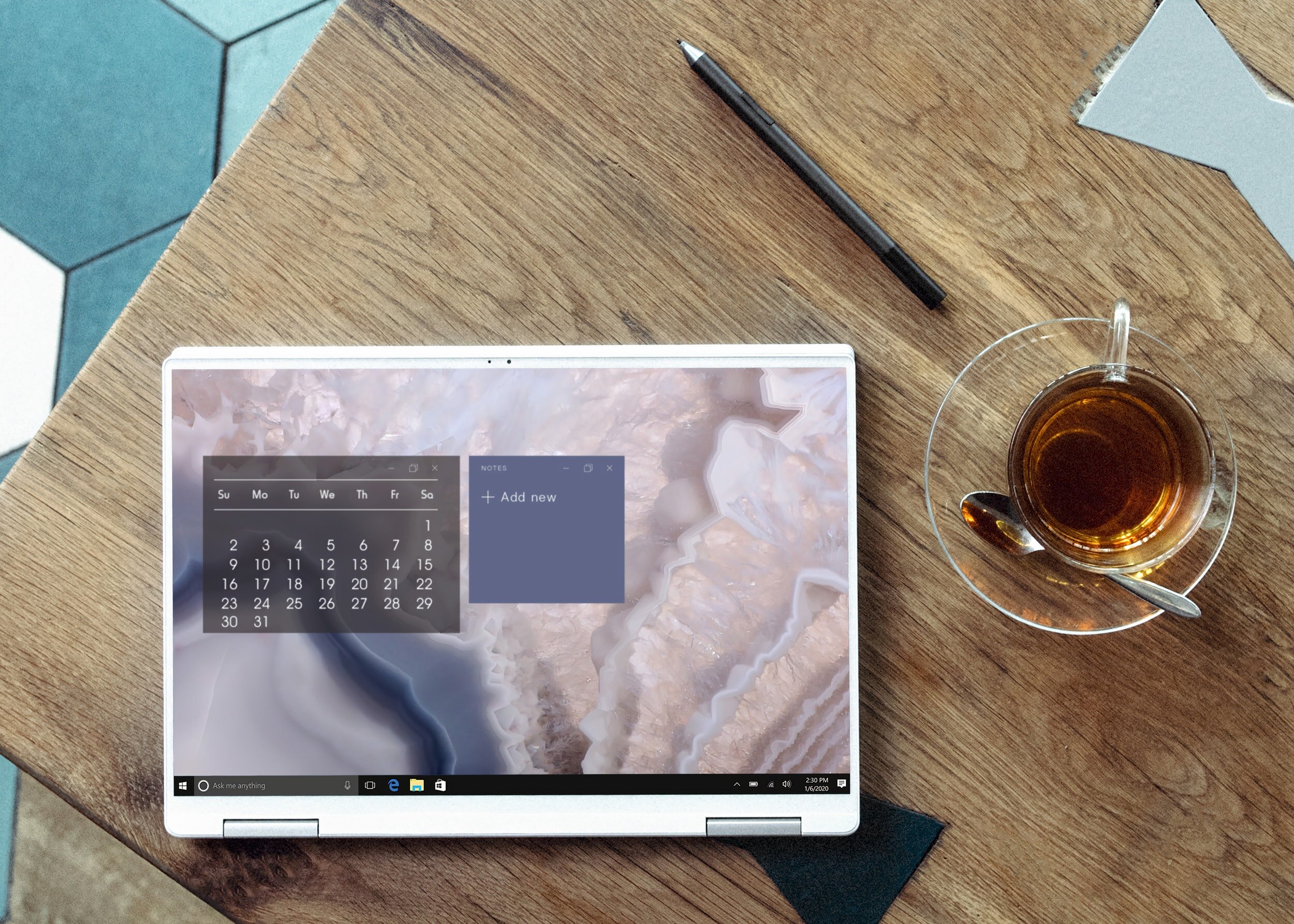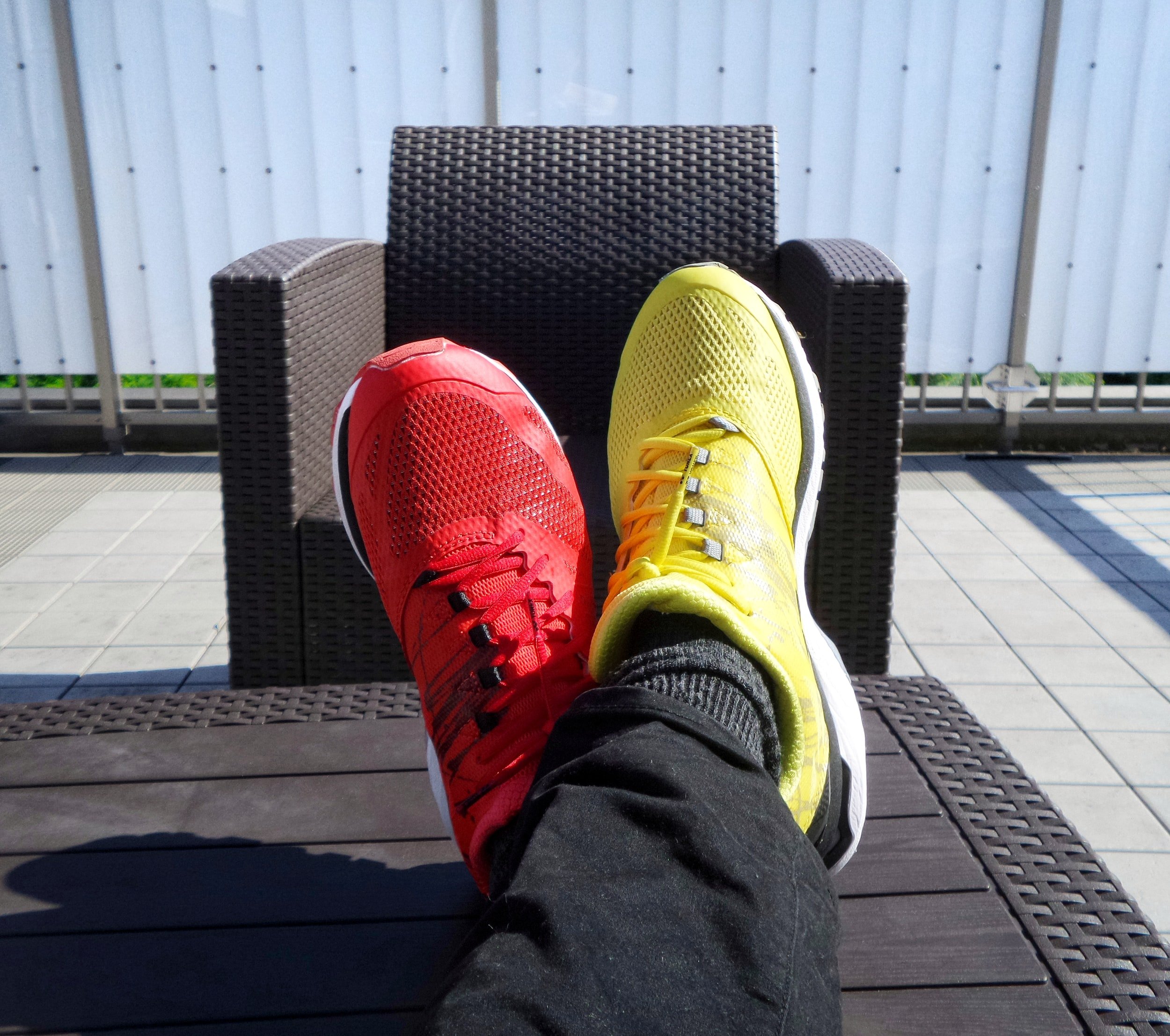Sentient methods in Action Research—A conversation with Iñigo Retolaza Eguren
Watch this discussion of embodied and sentient action research methods with Iñigo Retolaza Eguren.
Extending epistemology for programme evaluation – can After Action Reviews become spaces for critical reflection?
Action research and evaluation are inter-related topics in this guest post and video from Marina Apgar and Mieke Snijder.
Social work & developmental approaches to Action Research—A conversation with Rosalie Dwyer
A discussion about engaging participants in action research in a social work context.
Qualitative E-Research Reading Lists on SRM
Curated lists of resources from the SAGE Research Methods database.
Commit to change and improve practice through Action Research
See this interview with Ernie Stringer and Geoff Mills to learn how he applies action research in educational contexts.
Practical action research processes to move from local to global: A conversation with Dr. Susan Young
View this discussion of participatory action research methods with Ernie Stringer and Susan Young.
Generating research from and for action—3 central ideas in Action Research
Learn about how key action research principles allow for inclusion of marginalized people in this presentation from Alfredo Ortiz Aragon.
Aboriginal Co-Researchers: A Conversation Between Darryl Kickett and Ernie Stringer
View a conversation between Ernie Stringer and long-time collaborator Darryl Kickett.
New Thinking on Action Research from Ernie Stringer and Alfredo Ortiz Aragon
Learn more about the new edition of Action Research from Ernie Stringer and Alfredo Ortiz Aragon.
Life on the screen
As technology becomes more integral to everything we do, the time we spend in front of screens such as smartphones and computers continues to increase. The pervasiveness of screen time has raised concerns among researchers, policymakers, educators, and health care professionals about the effects of digital technology on well-being. Despite growing concerns about digital well-being, it has been a challenge for scientists to measure how we actually navigate the digital landscape through our screens. For example, it is well documented that self-reports of one’s media use are often inaccurate despite survey respondents’ best efforts. Just knowing screen time spent on individual applications does not fully capture a person’s usage of the digital device either. Some could spend an hour on YouTube watching people play video games whereas others might spend the same amount of time watching late night television talk shows to keep up to date with the news. Even though the screen time is the same for the same application, the intentions and values of consumption of certain types of content can be vastly different among users.
My journey into text mining
My journey into text mining started when the institute of Digital Humanities (DH) at the University of Leipzig invited students from other disciplines to take part in their introductory course. I was enrolled in a sociology degree at the time, and this component of data science was not part of the classic curriculum; however, I could explore other departments through course electives and the DH course sounded like the perfect fit.
Writing an Award-Winning Book: Interview with Dr. Cheryl Poth
Dr. Poth has written two winning books. Learn about her strategy!
Adapting your qualitative methods course for online learning
There’s a lot of uncertainty about how higher education will be taught in the age of COVID-19. How should professors and instructors of qualitative methods courses re-think their curriculums for online classrooms or cohorts? How can students conduct observations if they’re sheltered at home? How will students work in teams to analyze data if they’re distributed across the world? Here are some tips for alternative data collection methods, and collaborative tools for remote analysis.
Moving your behavioral research online
COVID-19 has affected research all over the world. With universities closing their campuses and governments issuing restrictions on social gatherings, behavioral research in the lab has ground to a halt. This situation is urgent. Ongoing studies have been disrupted and upcoming studies cannot begin until they are adapted to the new reality. At Volunteer Science, we’re helping researchers around the world navigate these changes. In this post, I’ll condense the most important recommendations we’re giving to researchers for translating their studies into an online format and recruiting virtual participants.
A webinar and interview with Dr. Michael Fetters
Thinking about designing a mixed methods study? Find ideas from Dr. Fetters in this interview and recorded webinar.
Thick Big Data: Mixed Methods for Our Time
Dr. Dariusz Jemielniak discusses the importance of mixed methods in Big Data research.
Interdisciplinary Collage: Interview with Dr. Suzanne Culshaw
Collage as an interdisciplinary way of making research + art : a methods discussion with Suzanne Culshaw.
Participant Observation: How does it work online?
Discussion of participant observation online.















